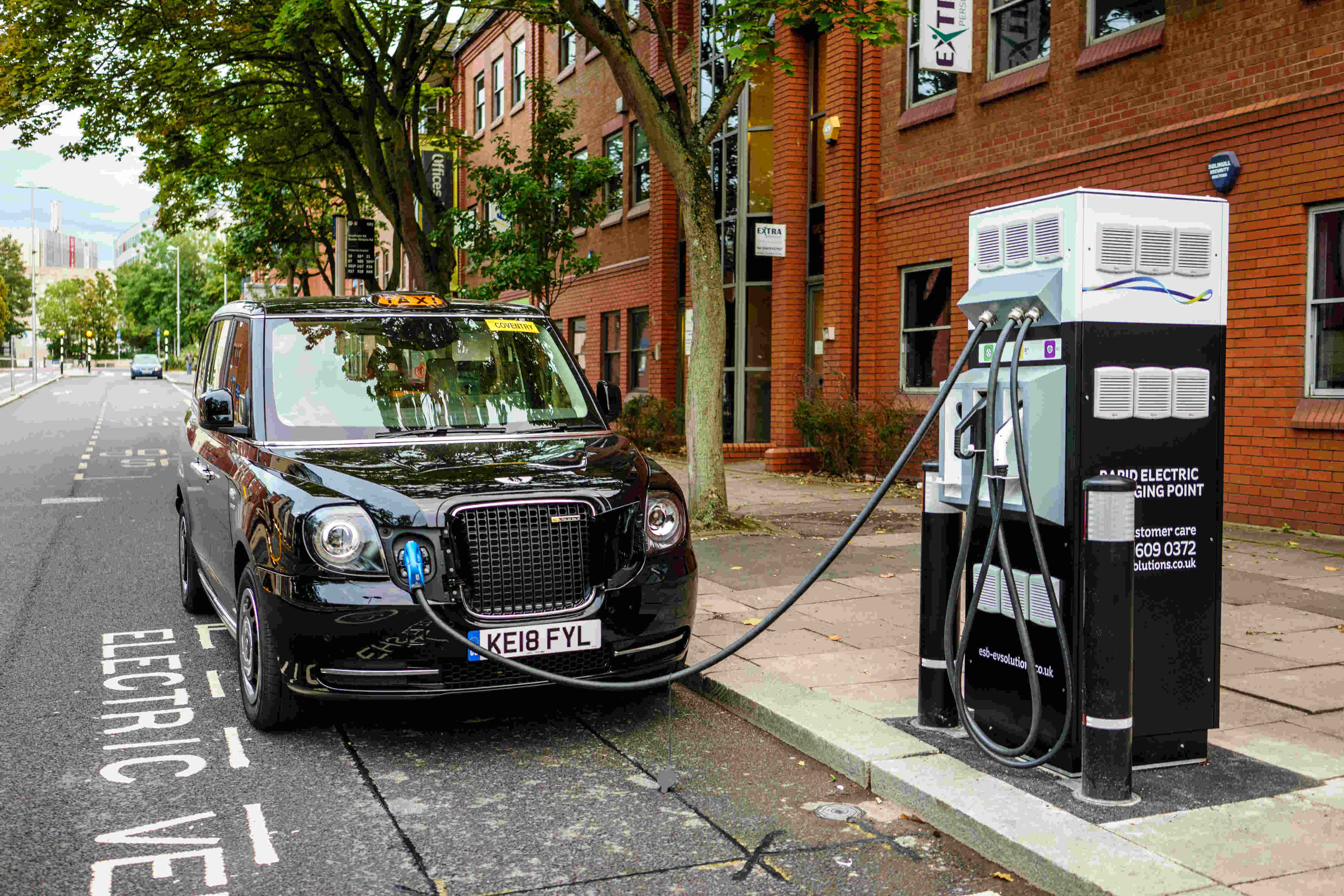Britain Forecasted to Reach Peak Gasoline This Year as Electric Vehicles Gain Traction

Britain is set to reach a milestone in 2024, with the country expected to hit “peak petrol” — a moment when the number of gasoline-powered cars will begin to significantly decline, signaling a shift towards electric vehicles (EVs).
According to a report published by Auto Trader, the number of gasoline-powered cars on British roads is forecast to drop nearly by half over the next decade as drivers increasingly switch to EVs. In 2024, there are expected to be 18.7 million gasoline cars, a number projected to fall to 11.1 million by 2034.
Meanwhile, the number of EVs on the roads is expected to skyrocket from 1.25 million in 2024 to 13.7 million by 2034. The EV share of new car sales is projected to increase from 18% in 2024 to 23% in 2025, although this still falls short of the U.K. government’s target of 28% under the Zero Emissions Vehicle (ZEV) mandate.
“Peak petrol marks a genuine turning point for the U.K.,” said Ian Plummer of Auto Trader. “Over the next decade, we expect a seismic shift in British motoring as the number of petrol cars falls sharply and EVs take a larger share.”
Despite challenges such as the introduction of ZEV targets and supply constraints, Plummer noted that strong demand for used cars continues.
ZEV Mandate and Industry Pressures
The U.K.’s ZEV mandate requires that at least 22% of new cars sold be zero-emission vehicles, with the target set to rise to 28% in 2025, 80% by 2030, and 100% by 2035. However, the mandate has faced criticism, particularly as the cost of EVs remains high, leading to concerns over the industry’s ability to meet targets without putting businesses at risk.
The Society of Motor Manufacturers and Traders (SMMT) has warned that government targets could harm the industry’s viability and job security, citing recent closures like Stellantis’ Vauxhall van factory in Luton, which threatens over 1,000 jobs.
Despite these concerns, 14 NGOs and campaign groups sent an open letter urging the U.K. government to uphold the ZEV mandate, arguing that it remains one of the country’s most significant measures for reducing carbon emissions.
A U.K. government spokesperson confirmed that a consultation will be launched soon to explore how to best support the industry in reaching its target of phasing out internal combustion engine vehicles by 2030. The government has also allocated £2 billion ($2.54 billion) to support domestic manufacturing during the transition and committed over £300 million to boost EV adoption.




















